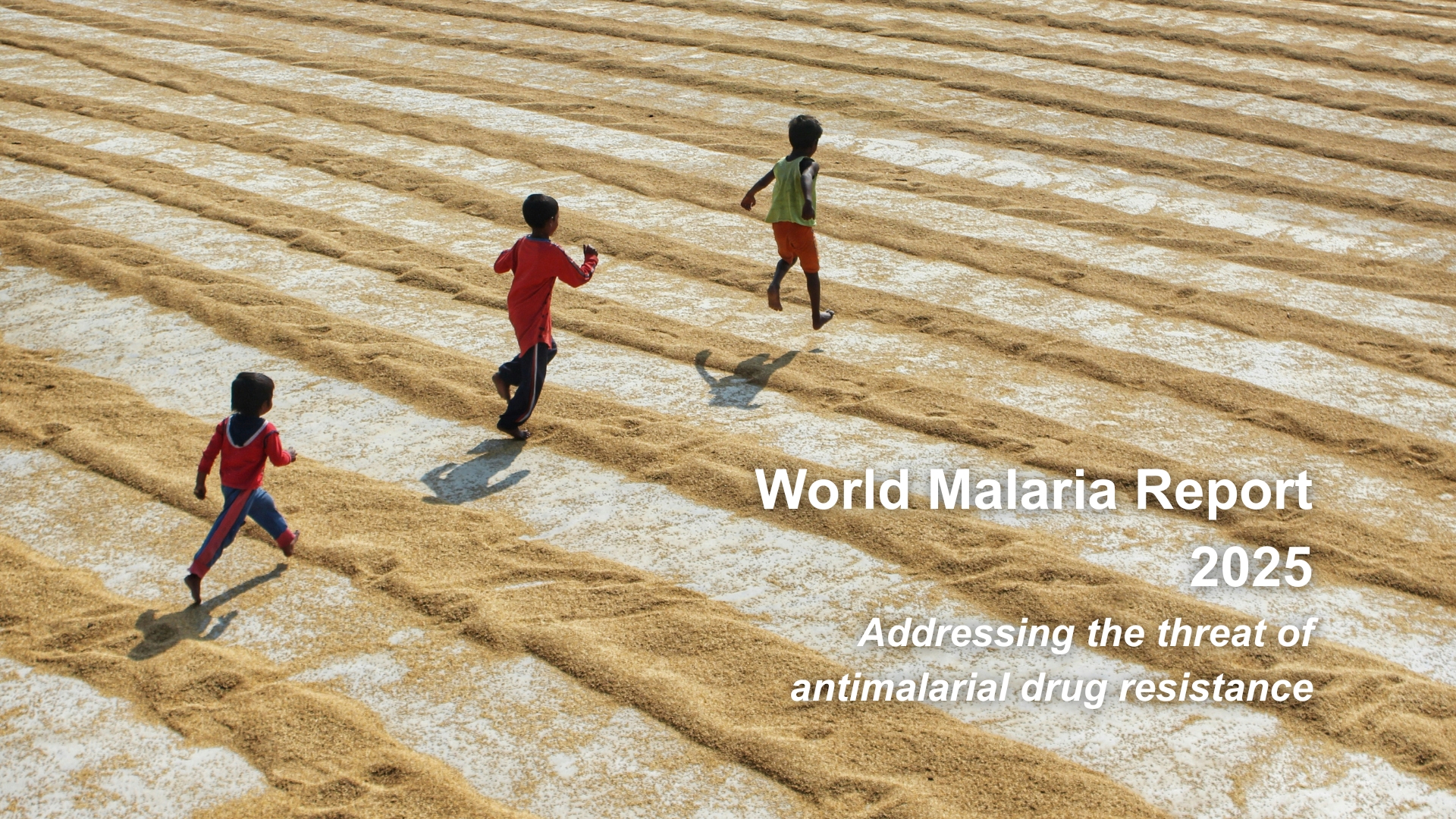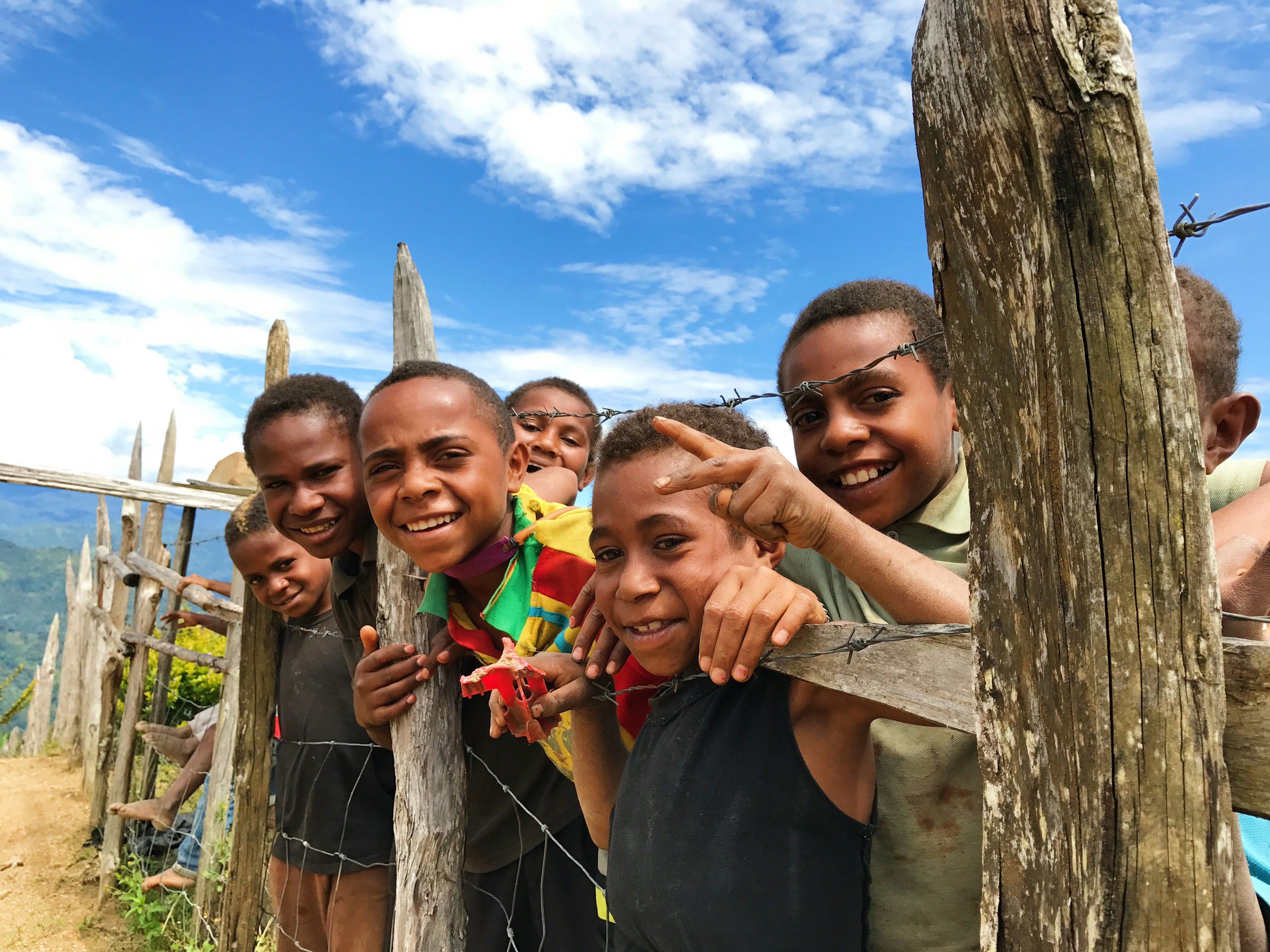.jpg)
Can Asia Pacific Eliminate Malaria While Leaving No One Behind?
The Asia Pacific region, home to diverse populations and ecosystems, faces unique challenges that make the battle against malaria particularly complex. From remote geographical locations to varying levels of healthcare infrastructure, the obstacles are numerous.
Malaria is also a social justice issue disproportionately affecting marginalized communities such as pregnant women, children, mobile and rural dwelling populations as well as other minorities. An estimated 52.9 million pregnant women in the World Health Organization South-East Asia region and 5.1 million pregnant women in the Western Pacific region were at heightened risk of malaria during pregnancy in 2020, according to a Lancet Global Health study.
Fortunately, governments, partners, and civil society are strengthening efforts to reach the unreached.
The 8th Asia Pacific Leaders’ Summit on Malaria Elimination, held on 6-7 June 2024 in Port Moresby, Papua New Guinea, featured a groundbreaking workshop focused on Gender Equality, Disability and Social Inclusion (GEDSI) in malaria elimination efforts. This workshop, the first of its kind in the region, highlighted the importance of socially inclusive strategies in combating malaria. Representatives of national malaria programmes, technical experts, and civil society from across Asia Pacific participated in this important workshop.

Countries are taking strategic steps to ensure inclusion in malaria programmes
Key presentations made during the workshop included Matchbox Analyses conducted in Papua New Guinea and Lao PDR, which provided insights into the unique challenges in accessing healthcare and malaria treatment due to poverty, geographic isolation, cultural beliefs, or discrimination. Additionally, APLMA presented findings from a Baseline Assessment and Data Audit of National Strategic Plans and Global Fund financing proposals, emphasizing the need for socially inclusive malaria control interventions targeting vulnerable groups such as pregnant women, children, persons with disabilities, mobile populations, outdoor workers, and indigenous communities.
The workshop was also the beginning of a conversation around disability and malaria. According to a 2022 study done by Asian Development Bank (ADB), an estimated 690 million people with disabilities live in Asia and the Pacific — accounting for some 70% of the total global disabled population. This number will also likely increase with the region’s aging population. People with disabilities face significant challenges such as social exclusion and increased inequality as well as extreme poverty. It is critical to ensure empowering people-centred approaches that integrate disability consideration into disease elimination efforts.
Stakeholders called for socially inclusive data collection
A holistic approach that integrates GEDSI into all aspects of malaria control is necessary to achieving the last mile of malaria elimination. Participants discussed critical metrics needed to ensure comprehensive representation of all subpopulations in monitoring and evaluation frameworks. The discussions underscored the importance of capturing disaggregated data that reflects the diverse experiences and needs of marginalized groups to inform effective malaria control strategies. This focus on inclusive data collection is seen as a pivotal step in ensuring that no group is left behind in the fight against malaria.
Moving towards an inclusive malaria-free future
National malaria programmes are working with partners like APLMA to develop key GEDSI-focused indicators that will be integrated into the newly refreshed Asia Pacific Leaders' Malaria Dashboard. APLMA will also work with countries and partners to continue to build an evidence base on communities in need of tailored elimination strategies in countries through deep dive case studies on specific marginalized or vulnerable subpopulations.
Integrating GEDSI into malaria elimination strategies is a matter of justice, equity, and human dignity. By adopting a holistic, inclusive approach, countries and partners can make meaningful progress towards a future where malaria is no longer a threat to anyone, anywhere.
.svg)


.jpg)






